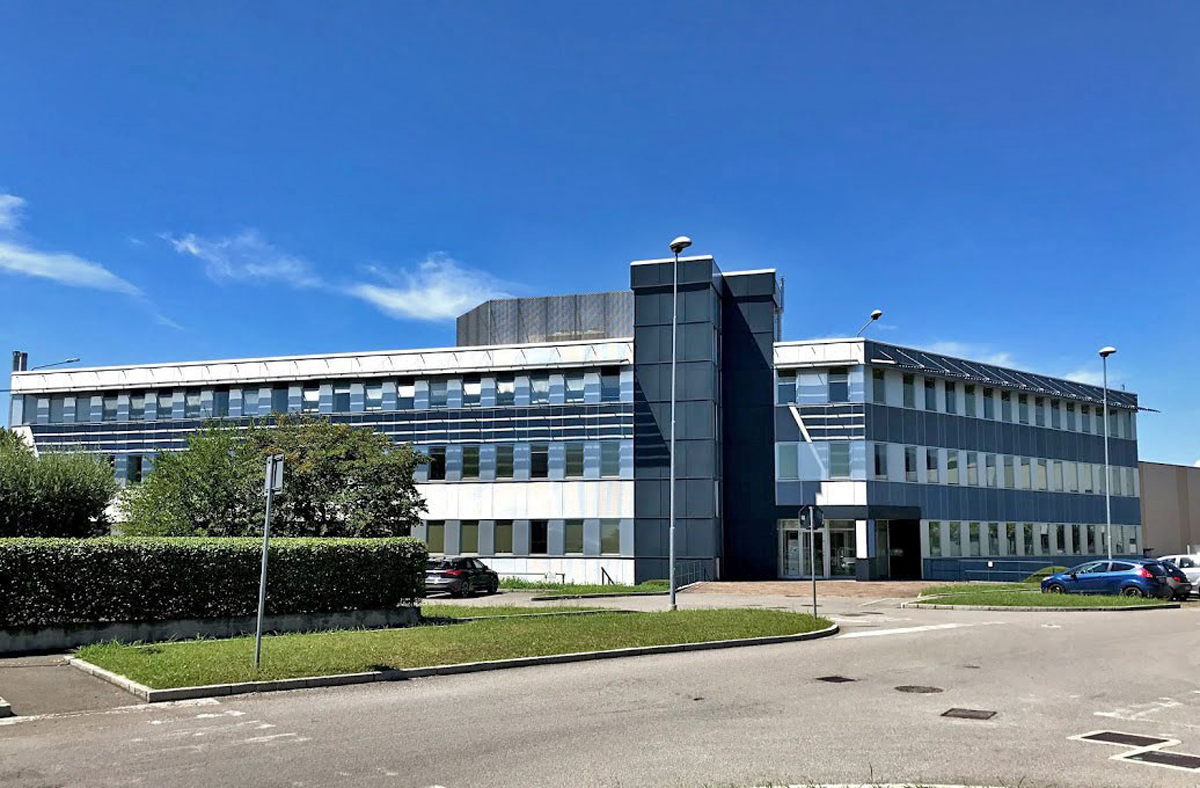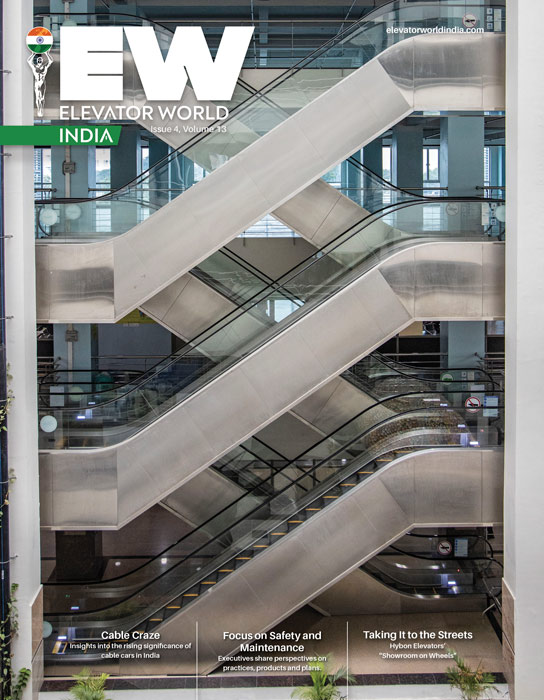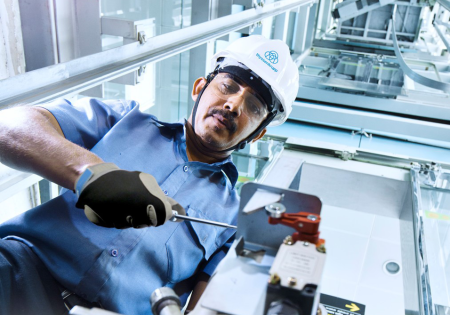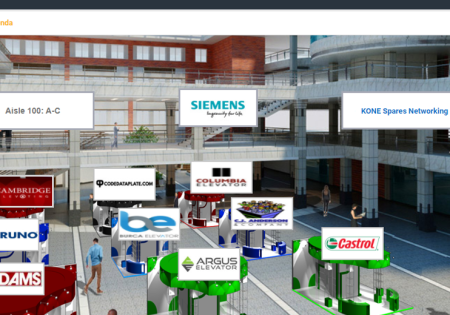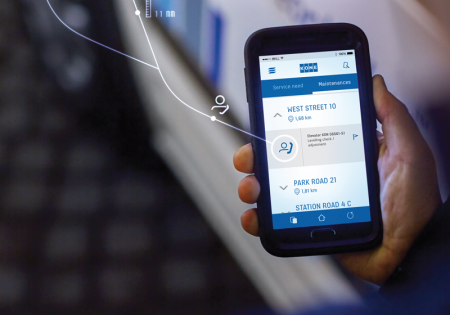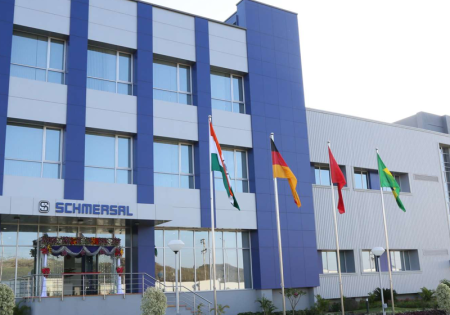Wittur Asia-Pacific head Suraj Thodimarath discusses significance of Indian operations.
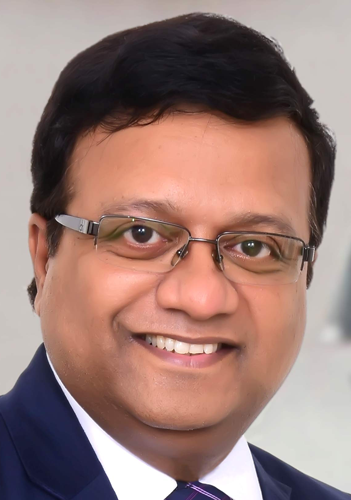
Suraj Thodimarath (ST), managing director Asia Pacific, Wittur Elevator Components India Pvt. Ltd., recently shared some insights with your author (SSP). Among the topics they discussed were the brand’s emphasis on R&D and creating value, its commitment toward quality and the significance of its India operations.
SSP: What are the qualities that set Wittur and its offerings for the vertical-transportation (VT) industry apart? What is the brand’s unique selling proposition?
ST: Wittur has a long record of striving for innovation in the production of components and solutions for the VT industry. Our goal is to create value for many elevator companies by co-developing and supplying innovative components and solutions. We believe our customers benefit from our global efforts in R&D and operations, our expertise in local market requirements and our commitment to quality.
SSP: In reference to Wittur’s planned investment in a Global Technology Centre (GTC) in Italy, what would be the benefits and other key implications for the company? Will the Indian operations also benefit from it?
ST: The GTC in Italy is a case in point: it is an engineering center that will invite customers to visit and interact with global teams of Wittur engineers in the areas of R&D, product development and special projects. It will be the place where our experts take challenges from customers and help them, from ideas to market. In a single location, we combine the knowhow and expertise of different teams and corporate functions to best serve our customers. We address their issues by focusing on what really matters, with the aim of bringing more value to them faster.
Wittur India also contributes to Wittur’s global R&D activities and shares the team’s knowledge. We are now equipped to supply significant VT projects in India with strong project management and tailored product-development capabilities, using Wittur’s GTC and local operations for fast and timely delivery on site.
SSP: What is the significance of the India operations and market for Wittur?
ST: VT is based on the needs of people. India is already a huge market, and its potential is even higher. We see an increasing trend of high rises in many cities. The combination of India’s demographics and the urbanization trend clearly set India as a region with high growth potential — hence, the decision to establish Wittur India in the state of Tamil Nadu 10 years ago. Thus, through our local operations, we bring solutions to our Indian customers with the latest technology, highest safety and same quality as every Wittur product sold worldwide.
SSP: What are the attributes or demand drivers that set India apart from the other markets to which Wittur caters? How would you describe your strategy for this market?
ST: The Indian market has a focus on optimal price/performance ratio. In the 10 years since its creation, Wittur India has provided components specifically tailored for Indian rules and codes, with a focus on high reliability that is necessary in our tough environment and usage conditions. Wittur’s MDS1 door is successful in the Indian market, and in addition to standard executions, we can introduce higher-end solutions, such as framed glass panels on the same platform, thanks to the quality of the mechanical design of the door. The CORE door, recently introduced in the Indian market, is the latest generation of Wittur doors. It was designed from the ground up with the latest technology to obtain high performance from a streamlined structure.
Besides supplying high-quality standard components, our strategy is to supply solutions based on several key bundled components: we consolidate them in elevator packages to make the installation easier for our customers. For example, Wittur India has recently launched the CDS (Car-Door-Sling) Kit as a bundled offering that is fully compliant with Indian codes.
We also supply the high-end elevator market with such products as the Quartz-i Home Lift kit, which is engineered and produced in India for the needs of the luxury residential market. This lift is specifically engineered to comply with the home elevator codes of India. It can function on an uninterruptable power supply/inverter in the event of a power failure.
SSP: How would you describe your management strategy? How do you take the legacy of Wittur’s corporate motto of “Safety in Motion” forward?
ST: Wittur’s management strategy is based on the core strengths of the Wittur and Sematic brands, which combine engineering expertise and operations on a global production footprint. Our partnership with our customers is at front and center of our operations, and our goal is to help them create value for their projects. The establishment of the GTC is accelerating our strategy in this respect.
Wittur’s corporate motto highlights Wittur’s commitment to safety, because we believe that safety must be the first priority of the elevator industry all over the world. This is why safety is the pivotal aspect of Wittur’s activities in product design, testing, validation, supply chain, quality standards, manufacturing processes, product installation and field performance. To enable this, Wittur has made significant investments in staff training and processes to strengthen our emphasis on safety.
SSP: What are the ideal safety norms and maintenance processes that should be adhered to for VT, especially considering the ongoing pandemic?
ST: Wittur R&D has developed a “post-COVID” elevator package that introduces antibacterial and antiviral surface treatments, especially for handrails and car-operating panels, a special ventilation system with UV-light-based sterilization of airflow, antibacterial pads for floor surfaces, social distancing and other warning labels, and touchless destination control with QR codes (only available for Wittur complete system kits).
Generally speaking, the development of smart elevator components and AI-based predictive-maintenance scheduling software goes in the direction of optimizing outside maintenance interventions, making sure that issues are solved before the elevator stops. This is bringing down general maintenance costs for elevator installation companies and maintaining high elevator availability. Although such systems are now in use by big multinational companies, there is a clear path toward bringing the same concept to smaller installation companies. Wittur has introduced smart components and offers a smart communication protocol that companies can integrate into their systems.
SSP: How would you describe the overall approach toward regulatory compliance standards and procedures across the Asia-Pacific region? Which aspects do you feel should be enforced or emulated in India?
ST: We see benefit in the harmonization of regulations and standards. By having global standards, companies can invest in product development with a broader scope and address a larger market beyond our shores. Access to global markets also ensures R&D and testing investments can be recovered quickly. The Asia-Pacific countries have mostly adopted the European norms and are quite strict in their implementation. In India, the reputable companies ensure that the standards are complied within their products, but there are also hordes of companies that cut corners when it comes to elevator safety. Authorities are often found to be indifferent toward implementing codes and standards on the ground. This is reflected in the subpar quality of some elevator components.
Most people have come across reports of serious and often fatal elevator accidents that are a direct outcome of nonenforcement of standards. I am hopeful that the authorities and industry will consider adopting the ISO 8100 standards nationwide once they are released for implementation. Until then, it should be the endeavor of every project to procure and install only those elevators that fully conform to the existing Indian Standard codes.
Suraj Thodimarath
Suraj Thodimarath is a mechanical engineer with a Lean manufacturing certification from the University of Michigan and studied business management at Harvard Business School. In a career spanning 26 years, he has worked in different functions, including sales, service, logistics, supply chain and manufacturing operations, before becoming a business leader. This has helped him gain a broad view of the critical aspects of running a business. Thodimarath joined the Wittur Group in 2015 as the managing director for India. In 2017, he was given the additional responsibilities of the Asia-Pacific region. He is also a member of Wittur’s Executive Management Team, which is responsible for the strategizing and execution of the group’s vision and mission.
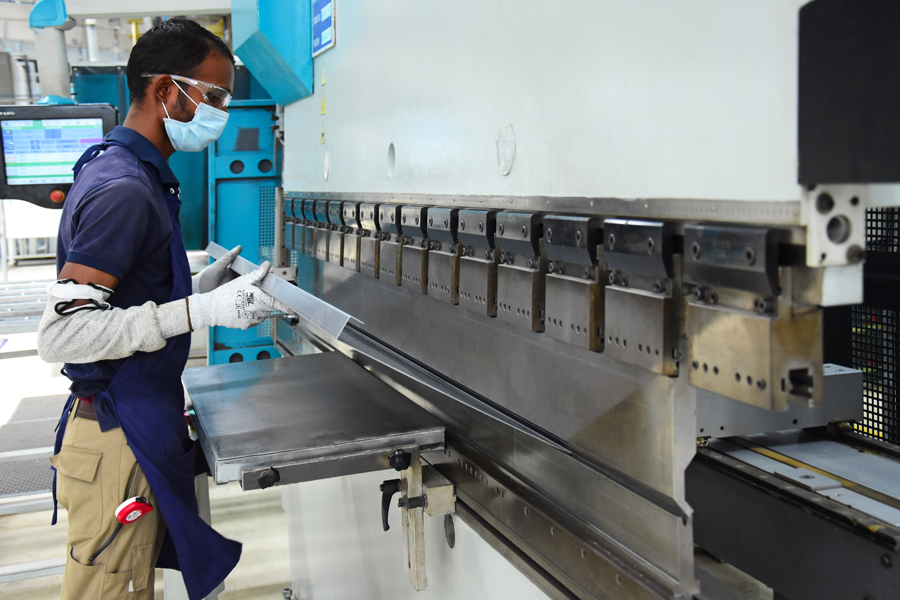
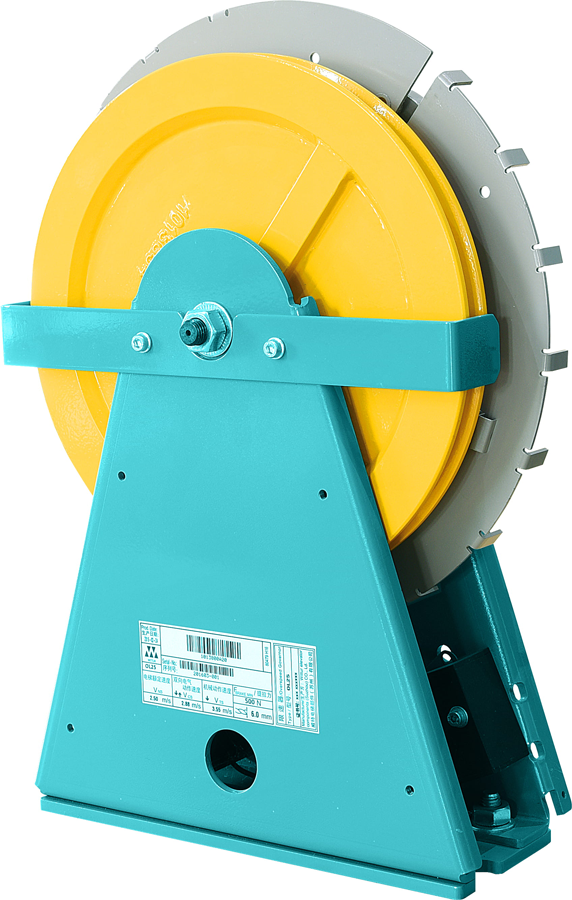
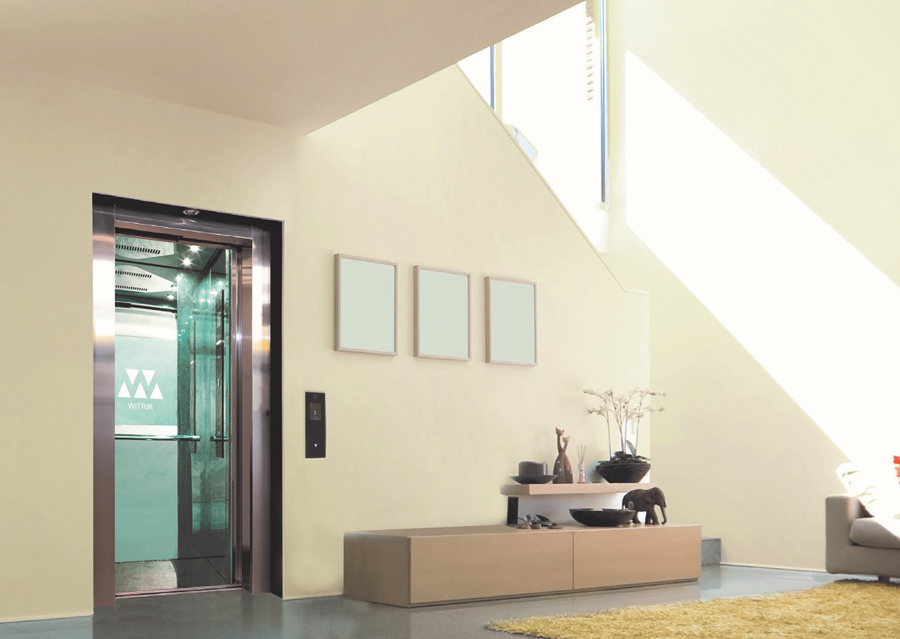
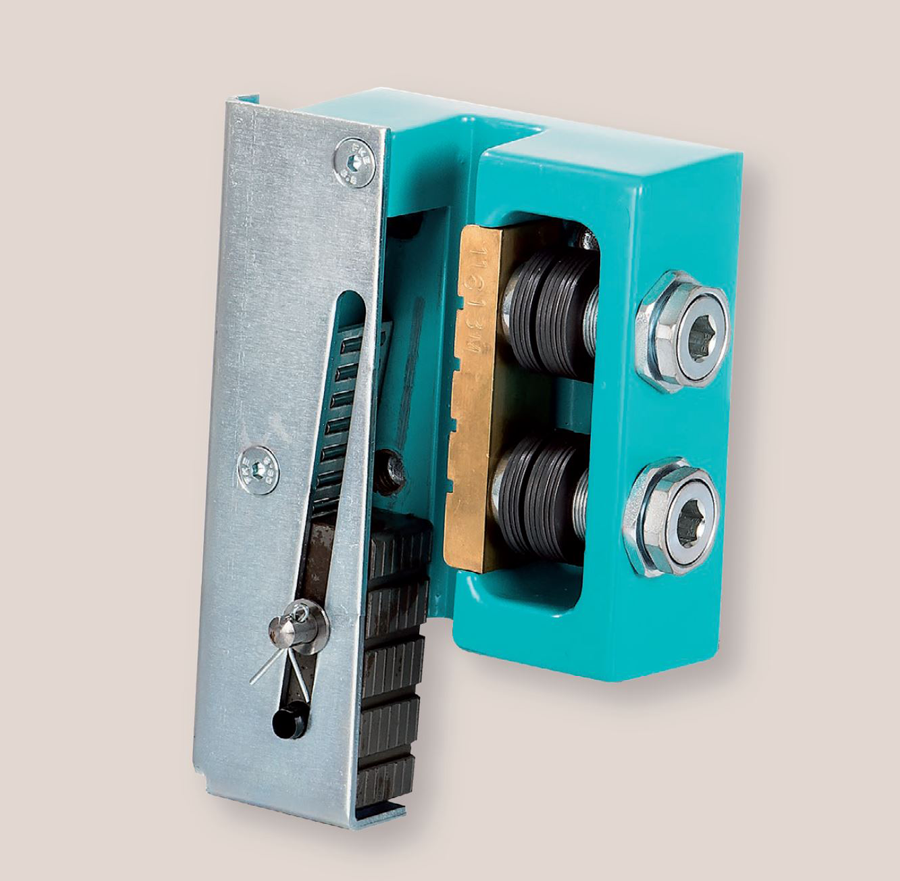
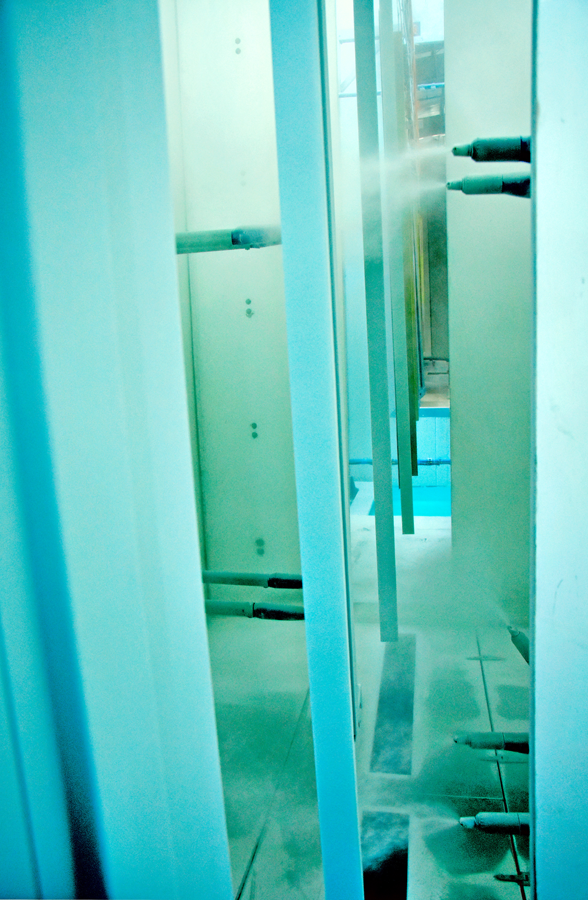
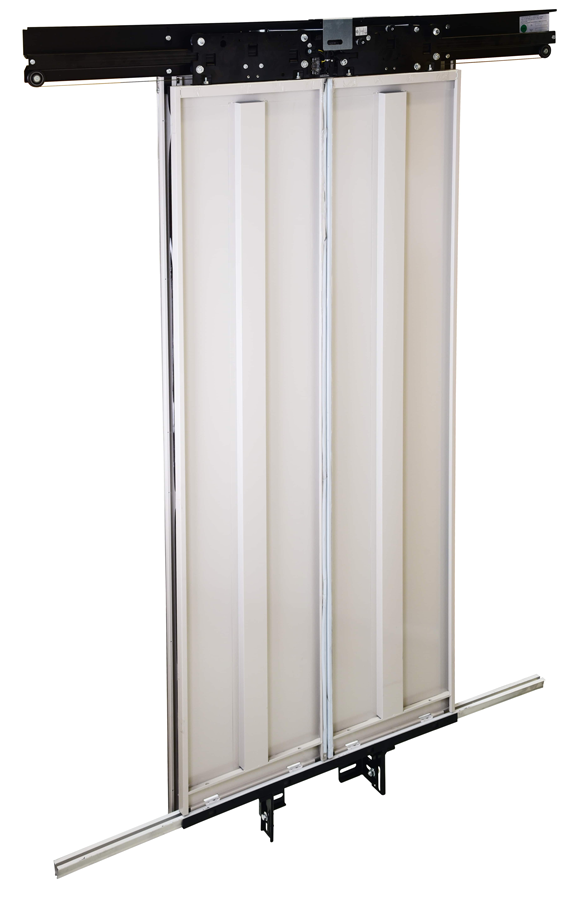
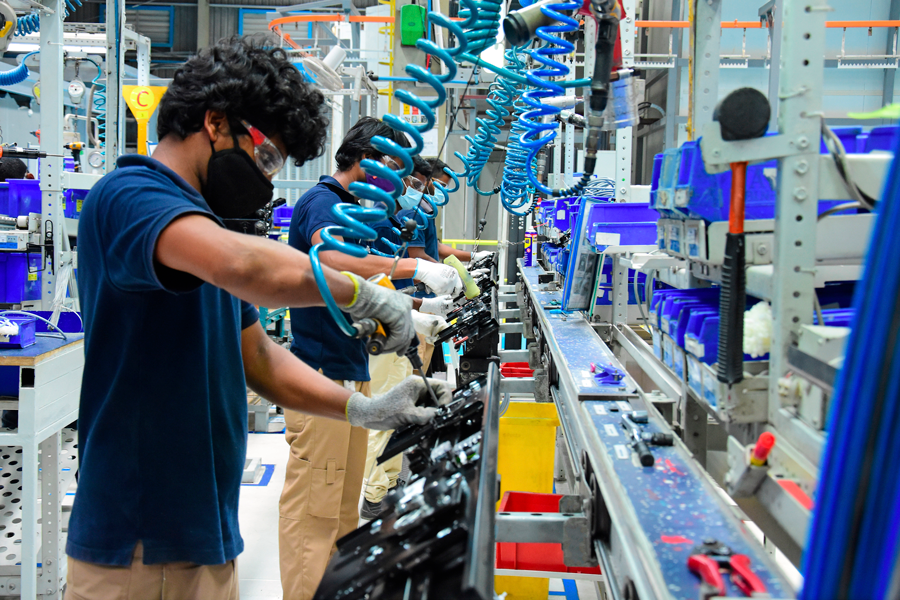
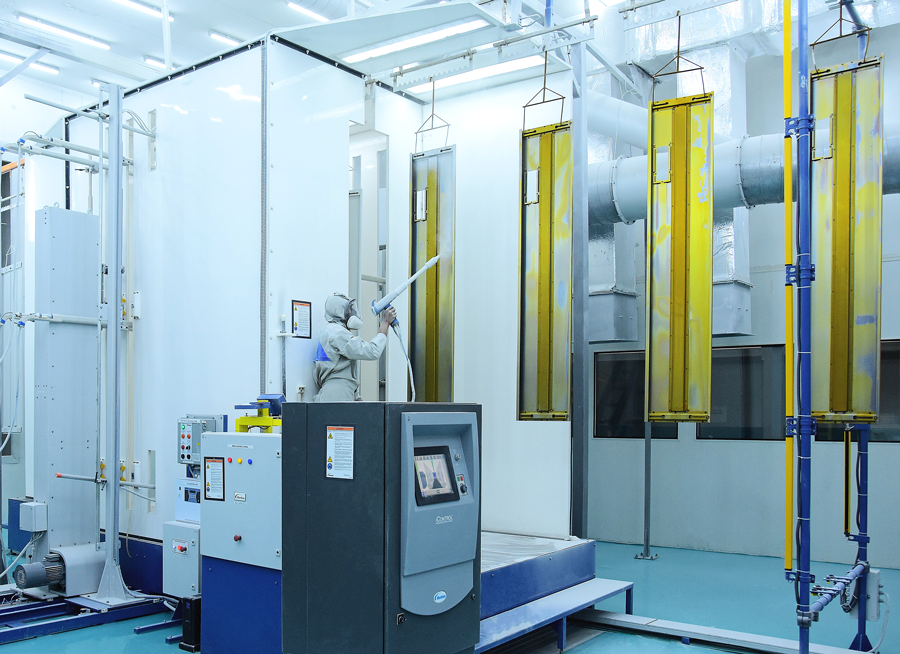
Get more of Elevator World. Sign up for our free e-newsletter.
